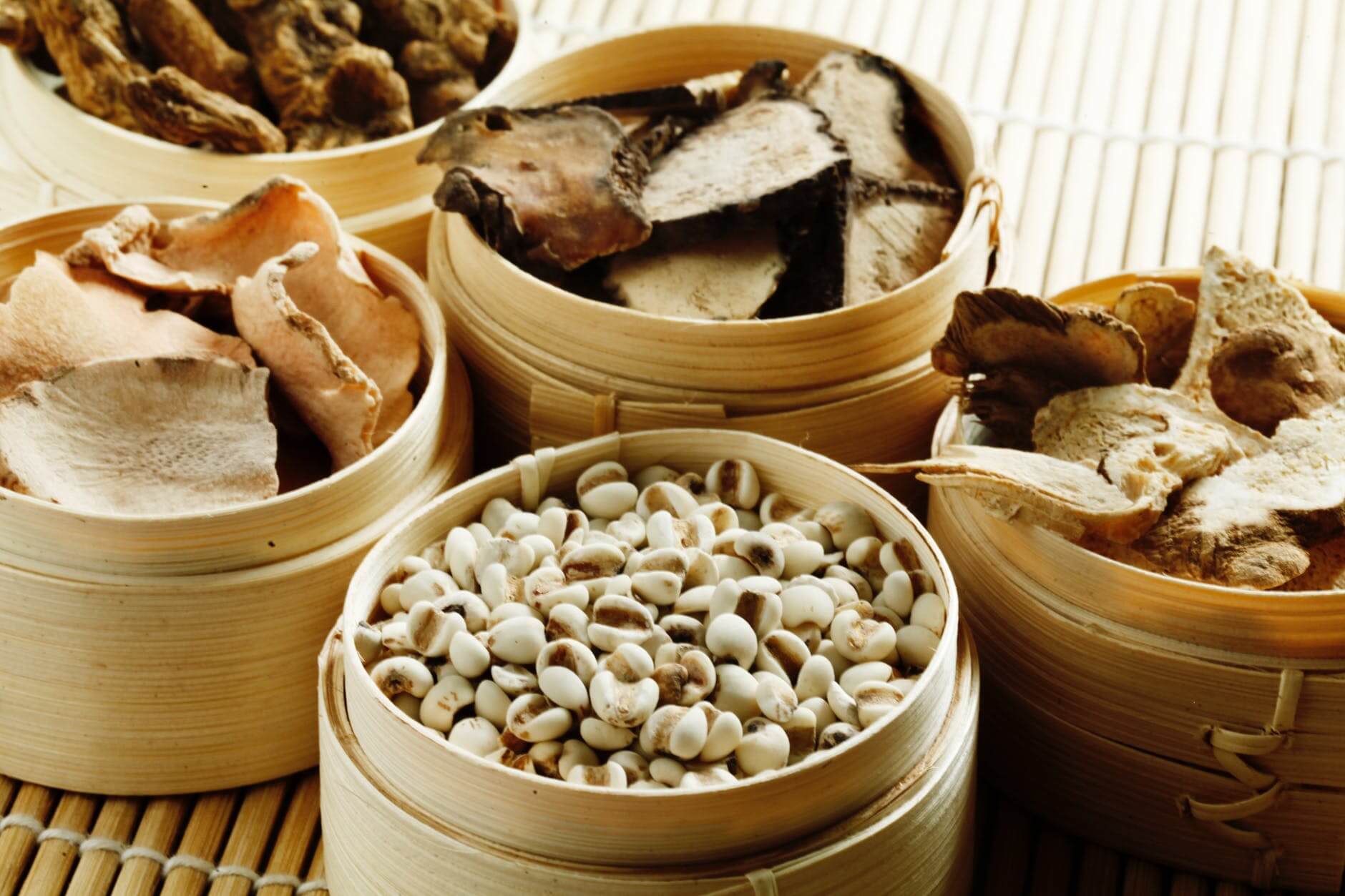Western Medicine is a fantastic tool that can reduce imbalances of the body. Nevertheless, it does not resolve the origin to help accomplish true recovery as traditional Chinese medicine through Chinese herbs and acupuncture. Herbs can treat some medical conditions such as headaches, allergies, colds and flu, digestive disorders, dermatological conditions, traumatology, in addition to more persistent diseases like Parkinson’s, liver disease, cancer, HIV, and AIDS. Convention western medicine uses drugs to deal with pain and health problem, while Chinese medication uses herbal solutions to attend to health conditions.
Chinese herbs have no known side-effects compared with prescription drugs. Exactly what makes these herbs actually reliable and safe is the art of integrating them to form a thoroughly balanced formula. These formulas not only deal with the client’s main problem but likewise address associated problems. Chinese natural solutions are based upon classical prescriptions that have been utilized for centuries and are modified to fit the requirements of the client.
Every Chinese herb’s medical usage is chosen by its residential or commercial properties, restorative functions and by its ability to influence organs or individual channels. Herbalists combine herbs to produce a mix that improve their organic function and capability to cure. They likewise include herbs with certain healing effects when assembling formulas to deal with a specific intricacy in a client’s condition.
Patients and their doctors alike are frequently prevented by the unfavorable side-effects connected with western medications, or the possibility of needing to stay on these drugs for an extended period of time. Chinese medicine, more frequently than not, uses superior medical outcomes and longer lasting favorable effect than standard medication.
Herbs can be available in lots of types, and clients must deal with their designated herbalist to identify the most ideal shipment method. In ancient China, herbs were made as organic preparations or teas. Plants, minerals or shells are cut and dried in preparation for preparation and storage. In contemporary times, other types of processing herbs have actually ended up being commonly readily available. Usually, herbs are dehydrated or dried up, processed, and made into a focused powder. The herbalist offers the client a container filled with powdered natural formula. The patient then mixes this powder with warm water, taking the herbs two or three times daily. Another common way of taking herbs is in the type of pills or tea bags which are made in factories. In addition to internal usage, herbs can also be taken externally. External herbs are used for skin treatments as well as muscle or joint discomfort, and distressing injuries.
Chinese herbs operate in consistency with acupuncture. Acupuncture is grounded on the conventional Chinese medicine concept of energetic Meridians. The Meridians imitate highways linking our body’s systems to each other. Acupuncture likewise includes making use of very thin needles. As all Meridians are linked, putting needles at particular points on the body can have both deep and strong impact. Inning accordance with standard Chinese medicine, all illness begins as a blockage in the Meridian system. When the flow is restored within this system, recovery will naturally follow.
Unlike Western medications that reduce signs and Western organic supplements, Chinese herbs support underlying organ function and conditions. These herbs work like acupuncture to create and promote balance and enable the body to operate efficiently for healing the source of the condition.
Acupuncture and herbs can be used alone or in conjunction with Western Medical treatment. This treatment does not interfere with Western Medicine and may lead to additional relief. Some conditions which can be managed with acupuncture and herbs consist of high blood pressure, menopausal symptoms, headaches, digestive concerns, muscle and joint discomfort, allergies and a lot more.
